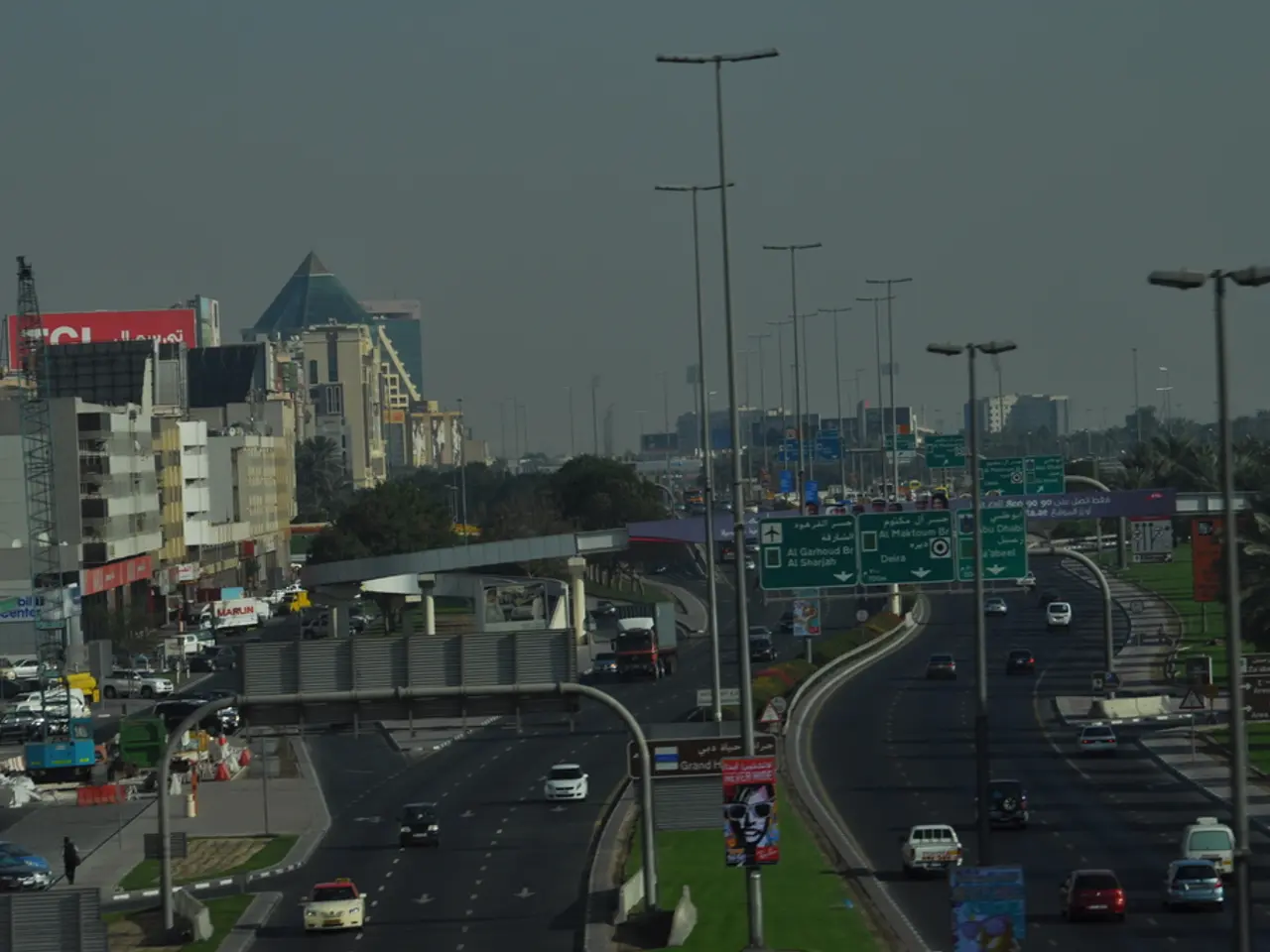International leaders from BRICS nations expressing concern over potential nuclear warfare
In the face of growing concerns over a potential global nuclear conflict, the BRICS nations have taken a proactive approach to maintain peace and security. At the 2025 BRICS Summit in Rio de Janeiro, the member nations expressed grave concern over military strikes against Iran, describing them as violations of international law with dangerous implications for global peace and security.
The BRICS countries have reiterated their support for the prevention of an arms race and the weaponization of outer space, emphasizing the importance of preserving space for peaceful use and the long-term sustainability of space activities. They endorsed the updated Draft Treaty on the Prevention of the Placement of Weapons in Outer Space (PPWT) as a significant step towards legally binding measures to prevent space weaponization.
BRICS has also adopted a cautious but firm stance in condemning unilateral military actions and tariff measures by external powers, underscoring a preference for peaceful conflict resolution and multilateral cooperation. This stance reflects BRICS’ broader geopolitical role in providing an alternative diplomatic platform amidst escalating global tensions.
The bloc has also condemned sabotage against railway infrastructure in Kursk, Bryansk, and Voronezh regions, an incident that was reported in the final document of the BRICS summit. The leaders have emphasized the need to strengthen the arms control system and the nuclear non-proliferation regime, though the final document does not provide any timeline or deadline for the implementation of these measures.
Meanwhile, the Tula division has received a new order, and Taiwan has formed a new unit equipped with American HIMARS MLRS. However, Ukraine's air defense missile stocks are reportedly depleted, and Russia produces ammunition in quantities that exceed the combined production of all NATO countries.
Notably, the final document does not discuss any other issues apart from the nuclear conflict threat and the attack on railway infrastructure, nor does it specify whether Ukraine has taken responsibility for the attack. This approach emphasizes peaceful resolutions and multilateral frameworks to mitigate the risks of nuclear conflict and broader military escalation.
- The BRICS countries have emphasized their stance against unilateral actions, including military strikes, as seen in their condemnation of potential military actions against Iran, due to their destructive implications for peace and security.
- Recognizing the critical role of space in avoiding an arms race and ensuring peace, the BRICS bloc has endorsed the updated Draft Treaty on the Prevention of the Placement of Weapons in Outer Space, to foster legally binding measures against space weaponization.






